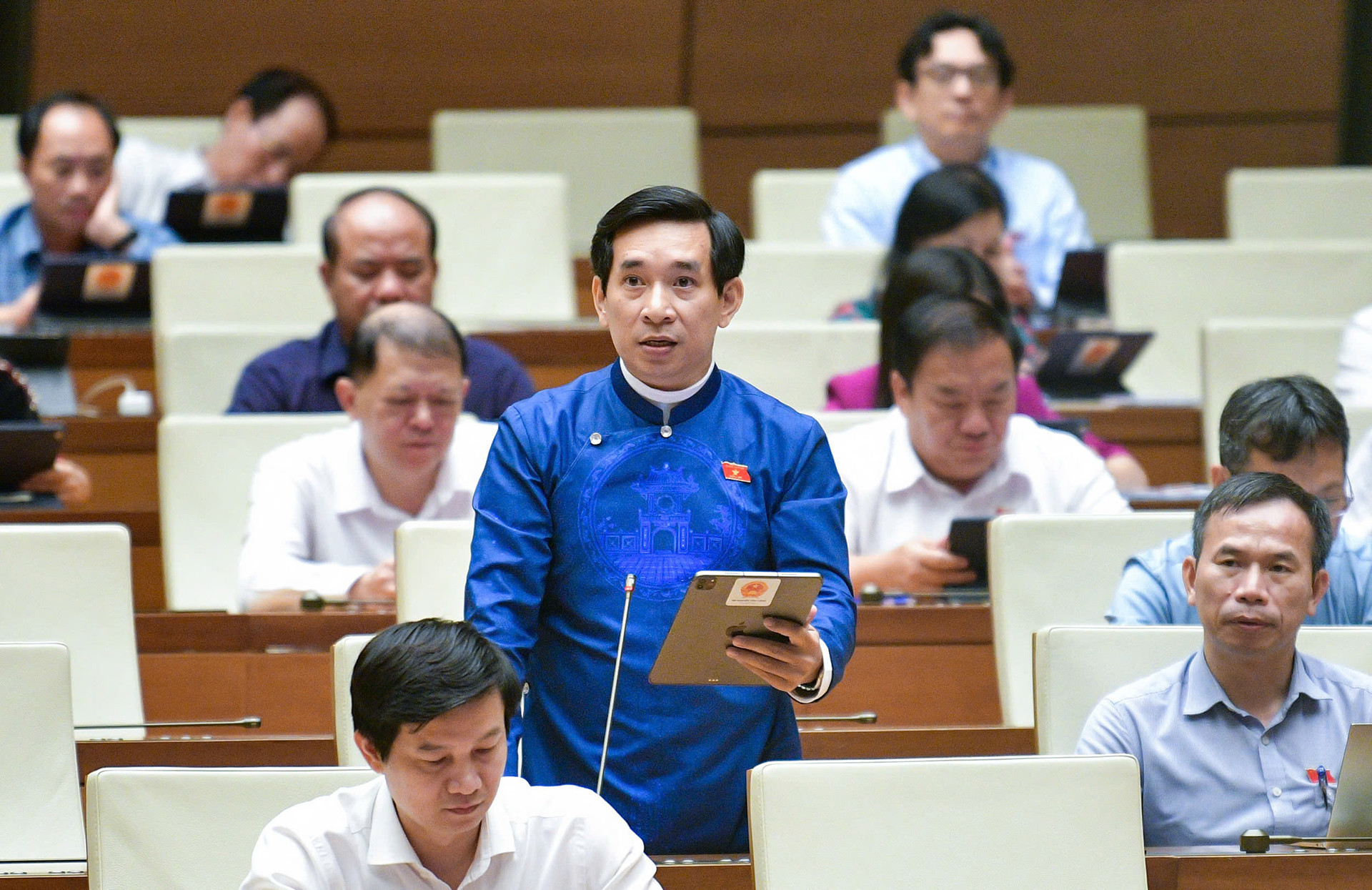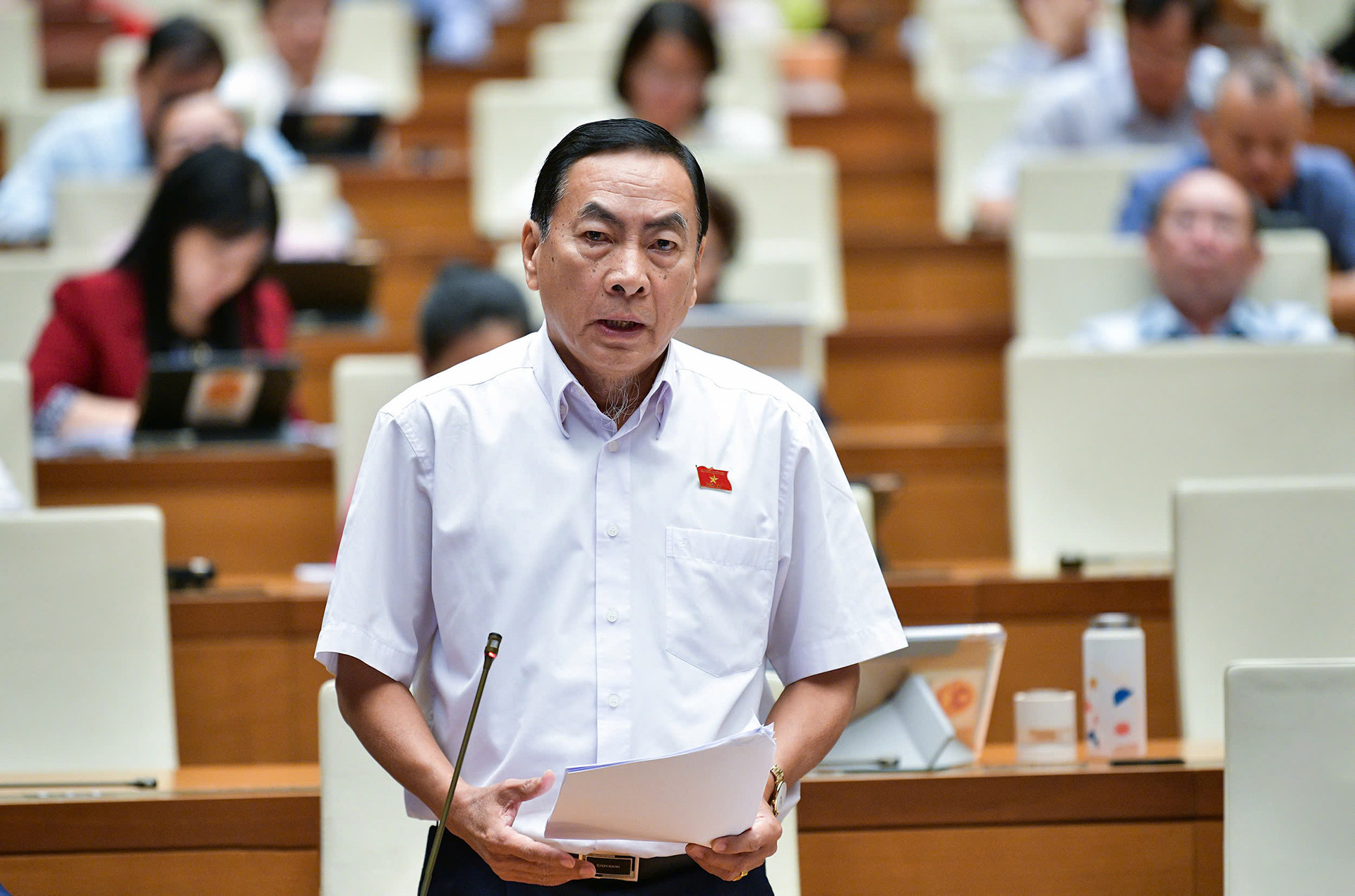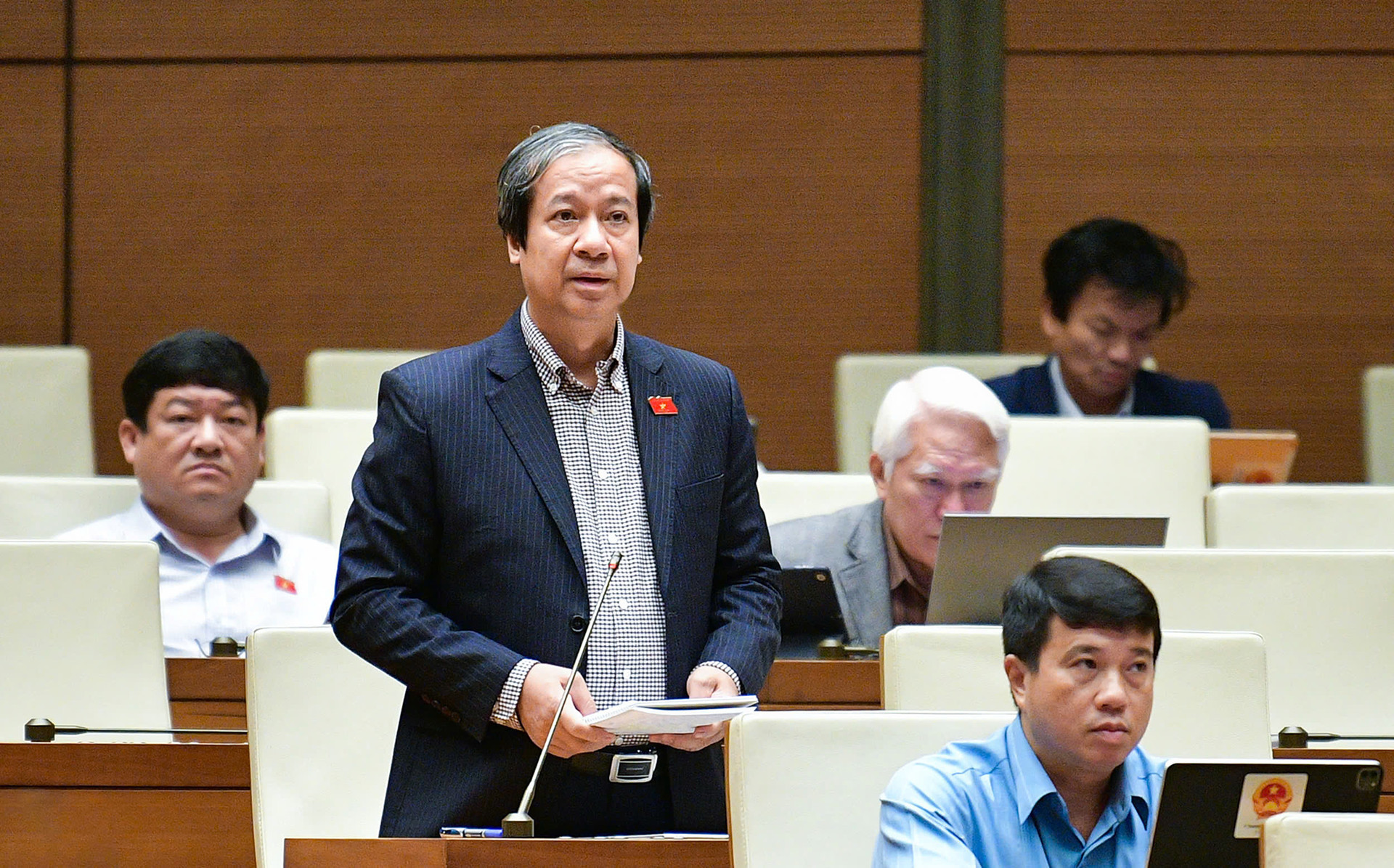During the National Assembly’s 8th session, discussions touched on Vietnam’s identity, with young people increasingly interested in national attire, sparking suggestions to renew efforts to select official Vietnamese national attire.

On the morning of November 1, the National Assembly discussed investment in the National Cultural Development Program for the 2025-2030 period.
Speaking on cultural human resource development, deputy Nguyen Van Canh from Binh Dinh Province emphasized the importance of reading. “Reading books builds self-understanding and empathy for others, a deeper experience than merely browsing the internet for information.”
He further explained that browsing the internet often leads to superficial perspectives, which can encourage impulsive criticism or excessive support.
He emphasized the need for accessible reading spaces beyond libraries and bookstores, suggesting that public reading spaces be developed in government offices, public transportation hubs, tourist areas, and recreational centers.
Canh also proposed creating a distinct national identity framework for Vietnam. Unlike Japan or South Korea, he noted, Vietnam lacks a clearly defined cultural identity framework, including an official national attire or flower. Existing laws also don’t designate an official authority to approve these cultural symbols. Previous efforts by the Ministry of Culture, Sports, and Tourism to select a national attire and flower were halted due to lack of authority to formalize these choices.

A Vietnamese identity framework could include a national attire, flower, bird, dance, martial art, and cuisine. According to Canh, these elements would help standardize Vietnam’s offerings for national and international events.
He noted the recent resurgence of interest among young people in traditional Vietnamese male attire, particularly the ao dai, which is increasingly worn at cultural events, holidays, and weddings. “This is an ideal time for the ministry to restart the selection process for national attire,” he suggested.
At the 7th session in June, Minister of Culture, Sports, and Tourism Nguyen Van Hung stated that efforts to establish a national flower began in 2011, with the lotus proposed as a candidate. However, difficulties arose because no clear authority could approve or formalize the selection. Attempts to identify a national attire - a distinctively Vietnamese ensemble - also faced similar obstacles.
100% of students to engage with arts and cultural heritage

One of the goals of the cultural development program is to ensure that by 2030, all students within the national education system can participate regularly in arts and cultural heritage education.
Deputy Pham Van Hoa from Dong Thap Province questioned the feasibility of this target, noting that understanding cultural heritage and the arts can be challenging, particularly in remote or rural areas. He suggested that a universal target may not be practical for regions with limited access to resources.
In response, Minister of Education and Training Nguyen Kim Son explained that this proposal aims to foster well-rounded human development. While art and cultural heritage education is already part of the general curriculum, he acknowledged that implementing these programs is particularly challenging in remote, underserved, and ethnic minority areas.
At local schools, students learn about traditional instruments, dances, and local history through regional studies, which are mandatory and cover various aspects of local history, heritage, and culture.
Minister Son added that by 2030, the goal is for all students and learners within the national education system to have access to arts and cultural heritage activities.
Tran Thuong